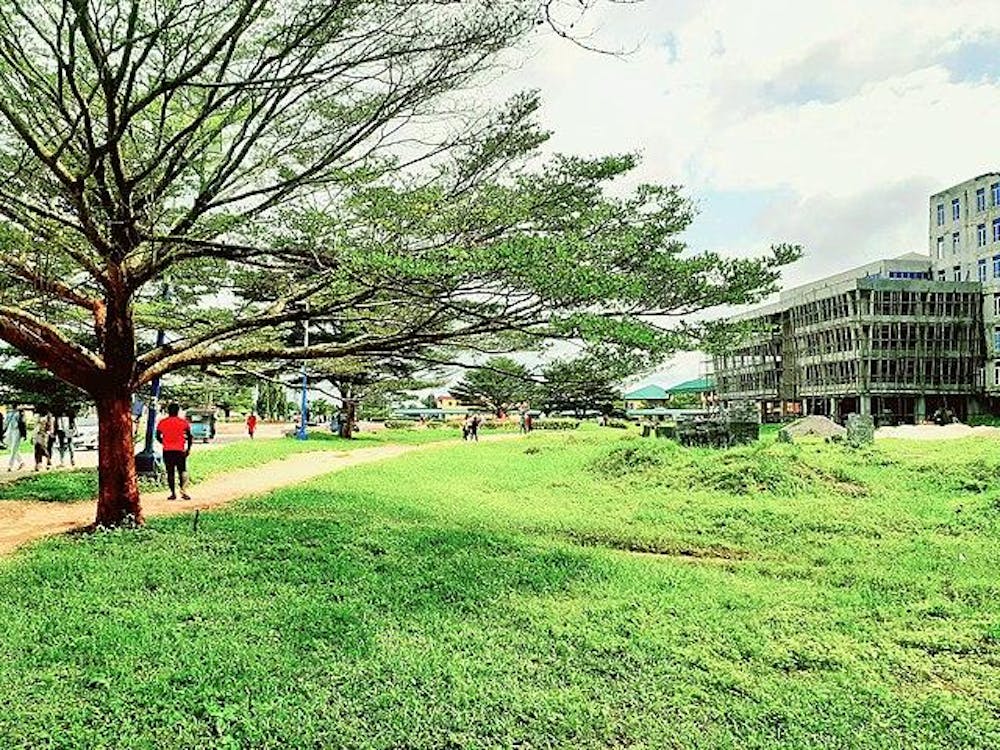On Sept. 15, a 21-year-old African American student, Demartravion “Trey” Reed, was found hanging from a tree on a Mississippi campus; officials quickly called it a suicide. For many, this explanation feels much too familiar and far too insufficient.
Reed was a son, beloved by many, and his life mattered. Relatives and friends are demanding answers while dealing with heartbreak and confusion after officials conducted an investigation they deem deficient and asking why the media has not done the same.
Major media outlets have regurgitated official press releases instead of probing contradictions. The heart of journalism: investigation, skepticism and the courage to question power seems to have been forgotten.
Three days after Reed’s body was found, Cleveland Chief of Police Travis Tribble announced that an autopsy had been completed by the Mississippi State Medical Examiner’s Office. Consistent with the initial investigation, they determined the cause of death to be hanging and the manner of death to be suicide. Additionally, he noted that all investigative materials and files were turned over to the Federal Bureau of Investigation.
This corresponds to the initial findings of the Bolivar County Coroner’s Office, mentioning no wounds on Reed’s body and no indication of foul play. They also issued a release on the day Reed was found stating the claims of broken limbs were not true.
A statement from Sean Tindell, Mississippi Department of Public Safety commissioner, was released shortly after. He gave condolences to the family of Reed and applauded the work of agencies that sought to bring closure to the case. But strangely, rather than offer transparency to the public on rumors circulating about his death, Tindell chose not to elaborate and condemned them with no further explanation.
These rumors spread due to gaps and contradictions left unaddressed by officials and unexamined by the media, and Tindell’s decision to dismiss them rather than explain does nothing to bring solace and justice to the community.
In fact, Reed’s family was first told by officials that Reed was found deceased in his dorm bed, then later restated that he was found outside hanging from a tree, according to an article by “The Grio.” Reed’s grandfather recalled in an interview with ABC-affiliate WAPT that the sheriff never mentioned it being a possible suicide when he was informed of his grandson’s passing, but rather was blatantly told it was a suicide.
Family attorney Vanessa Jones noted in a press conference on Sept. 16 that the media knew about Reed’s death before his family. Video evidence exists, yet was not released, despite the family’s legal counsel requesting to publicize it.
All of these discrepancies, failures and contradictions add up. They erode the trust of the public and open the door wide for speculation; speculation that the media needed to pick up.
As outlets have been coy to report on the gaps in stories of officials, Reed’s family and the community have been left to use their own voices to shout for justice. Jones and well-known civil rights advocate Benjamin Crump have demanded an independent investigation into his death, and former NFL star Colin Kaepernick has funded a second autopsy.
Members of the NAACP expressed concern, posting comments on social media.
Enjoy what you're reading?
Signup for our newsletter
“Our people have not historically hung themselves from trees…” read a post on Instagram.
Students and community members far and wide are demanding answers, even close to Oxford at the University of Cincinnati, where a vigil was held for Reed on Sept. 26.
The media has remained silent on the bigger issue at hand. They have turned a blind eye to the contradictions of authority and cries of the community, instead including in their stories official language, like “closure,” “no foul play” and “rumors.” As Duvalier Malone wrote in an op-ed piece for the Mississippi Free Press, “when communication fails, speculation fills the void.”
The press has a duty as an institution that serves the people to probe and demand transparency, not to simply reinforce optimism in official accounts.
This is not the first time that an African American’s death by hanging in Mississippi has been quickly labeled a suicide. Notably, in 2018, a man named Willie Andrew Jones Jr. was found hanging from a tree in Scott County, Mississippi. Years later, a judge granted the family $11.4 million in a wrongful death lawsuit.
Duvalier Malone brings a good ultimatum on Reed’s death that can help the media muster more courage to dig into this case more thoroughly. If it is a suicide, a mental health crisis needs to be addressed. If not, justice must be swift.
Either way, the press must stop being stenographers for authority and do its job in serving the public’s right to truth. Trey Reed’s life mattered, and so does the truth about his death.
Anthony Caprara is a first-year student majoring in journalism and finalizing a second major choice. He is a contributing writer for the opinion section of The Miami Student. He is also involved with Miami Television News, Cinci Smiles and the Honors Student Advisory Board.




